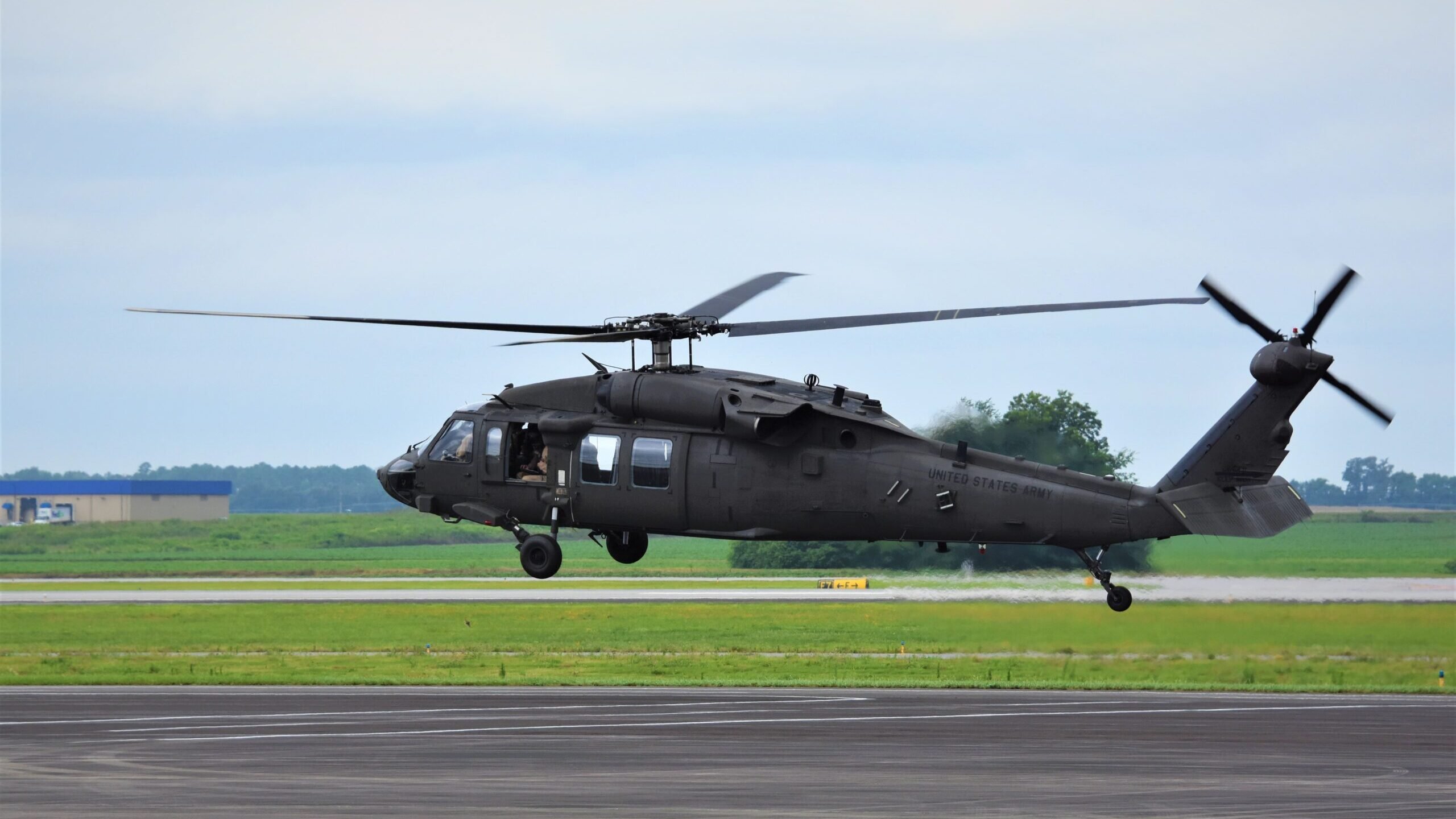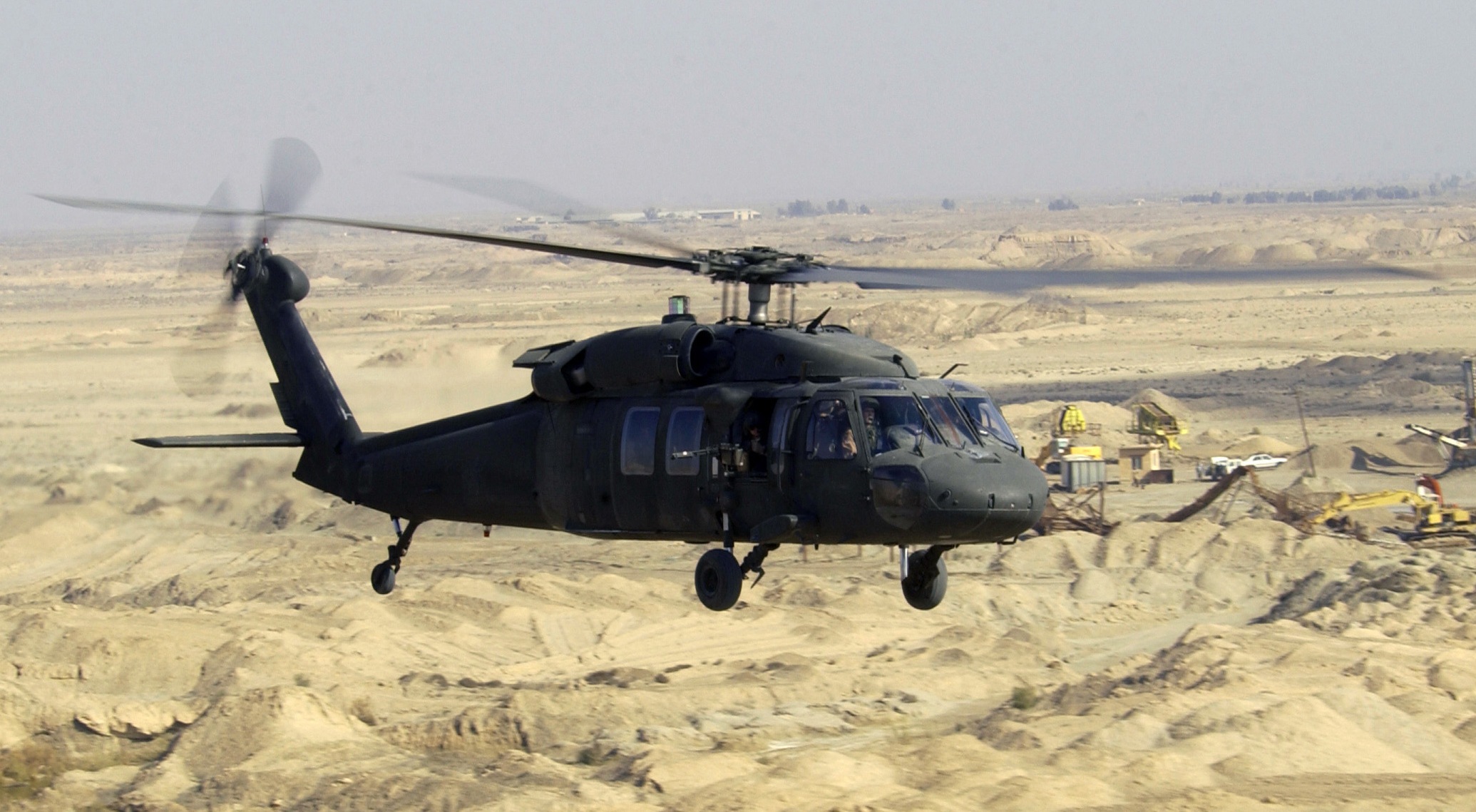The Influence of Sustainable Practices on the Future of Airplane Operations and Emissions Decrease
As the aviation sector encounters increasing examination over its ecological impact, the adoption of lasting techniques arises as a vital path toward future aircraft operations and discharges reduction. Advancements in sustainable air travel fuels and innovations in hybrid propulsion modern technologies stand at the leading edge of this transformation, encouraging considerable decreases in greenhouse gas exhausts.

Overview of Sustainable Practices
Sustainable practices in airplane operations incorporate a variety of strategies aimed at lowering environmental influence while keeping functional performance. These techniques are vital in the aviation sector's dedication to reducing its carbon impact and adhering to international ecological requirements. Key campaigns include optimizing trip courses to lower gas consumption, improving maintenance methods to make certain aircraft operate at peak performance, and applying innovative technologies such as winglets and light-weight materials that improve aerodynamics.

Involving and educating staff on sustainability methods likewise play a vital duty, cultivating a culture of ecological responsibility within organizations. In general, the assimilation of these sustainable practices not only assists lower discharges however also enhances the long-lasting feasibility of the air travel industry, guaranteeing it meets the demands of both customers and regulative bodies while adding to global sustainability objectives.
Innovative Fuel Alternatives
Various ingenious fuel choices are becoming crucial solutions to lower the air travel industry's reliance on traditional nonrenewable fuel sources. Among these choices, Sustainable Aviation Gas (SAFs) have actually obtained considerable interest because of their possible to lower lifecycle greenhouse gas emissions by up to 80% compared to traditional jet fuels. SAFs are stemmed from different feedstocks, consisting of waste oils, agricultural residues, and even algae, making them a flexible option for the sector.
Another promising alternative is hydrogen fuel, which, when used in gas cells, creates just water vapor as a by-product. In addition, electrical propulsion systems are being checked out, leveraging battery modern technology to power airplane.
Last but not least, biofuels originated from biomass are being explored, providing an eco-friendly option that can be combined with traditional fuels. Collectively, these cutting-edge fuel options stand for a crucial step towards accomplishing a lasting aviation ecosystem, straightening with international discharges decrease targets and enhancing the industry's ecological stewardship.
Technical Advancements in Aeronautics

How can technological improvements reshape the future of aviation? The assimilation of innovative technologies is pivotal in transforming aircraft operations, enhancing efficiency, and minimizing exhausts. Technologies such as hybrid and electrical propulsion systems are at the forefront, appealing considerable decreases in gas consumption and greenhouse gas discharges. These systems utilize improvements in battery modern technology anonymous and power management, allowing aircraft to run with a reduced environmental impact.
Additionally, the implementation of advanced materials, such as lightweight compounds, contributes to boosted the rules of aerodynamics and fuel efficiency. Making use of man-made knowledge and device knowing in trip operations maximizes course planning and minimizes gas shed by enabling real-time adjustments based on weather condition and web traffic conditions. In addition, the development of independent and remotely piloted aircraft systems stands to transform freight and traveler transportation, potentially raising performance while minimizing human mistake.
Moreover, sustainable aviation technologies, including innovative air web traffic monitoring systems, can streamline operations and minimize congestion, resulting in lower exhausts throughout flight. These innovations collectively stand for a standard shift in air travel, assuring a future where sustainability and functional performance are linked, therefore supporting the market's commitment to reducing its ecological effect.

Regulative Framework and Compliance
In light of the expanding focus on ecological stewardship within the air travel market, the regulative structure regulating aircraft operations is progressing to promote lasting techniques. Regulatory bodies, such as the International Civil Aviation Company (ICAO) and different nationwide aviation authorities, are introducing rigorous standards focused on lowering discharges and boosting functional performance.
These laws usually include the fostering of Sustainable Aviation Fuel (SAF), which has actually been identified as a crucial element in achieving reduced carbon impacts. Compliance with these regulations needs airlines to implement operational techniques and sophisticated modern technologies, such as enhanced flight courses and enhanced air web traffic management, to decrease gas consumption.
Additionally, the enforcement of emissions trading schemes and carbon balancing out initiatives is ending up being progressively widespread, engaging airlines to check and report their discharges properly. Non-compliance can lead to substantial charges, hence pushing drivers to prioritize sustainability in their organization models.
Inevitably, the evolving governing landscape not just drives innovation and investment in green innovations yet also fosters a society of liability within the aviation industry. As these frameworks remain to develop, the concentrate on lasting methods will be essential to attaining the field's long-term ecological goals.
Future Fads in Aircraft Workflow
As the air travel sector adapts to a significantly strict regulative setting, future patterns in airplane operations are established to concentrate on innovative solutions that additionally enhance sustainability and efficiency - uh 60. Secret growths will likely include the adoption of sophisticated air traffic monitoring systems, which make use of real-time data and expert system to maximize flight courses, reducing fuel consumption and discharges
An additional significant trend is the boosted integration of sustainable air travel fuels (SAFs) These alternatives to traditional jet fuel, stemmed from sustainable sources, can substantially lower lifecycle greenhouse gas exhausts. The market's dedication to SAFs will likely increase as airlines work together with gas producers to make sure accessibility and cost-effectiveness.
Furthermore, the push in the direction of electrification and crossbreed propulsion systems is acquiring momentum. Emerging airplane layouts will certainly include these modern technologies, offering quieter and extra efficient procedures, particularly for short-haul trips.
Verdict
In conclusion, the combination of lasting methods important link in airplane procedures holds substantial capacity for exhausts decrease and enhanced performance. The adoption of lasting air travel fuels, combined with improvements in electrical and discover this info here hybrid propulsion systems, is important for minimizing lifecycle greenhouse gas discharges. Optimizing trip courses and embracing cutting-edge technologies add to a quieter and more ecologically pleasant aviation field. Jointly, these efforts line up with global sustainability goals and pave the way for a greener future in aviation.
Developments in sustainable aeronautics gas and advancements in hybrid propulsion innovations stand at the center of this transformation, appealing significant reductions in greenhouse gas discharges.Many cutting-edge fuel alternatives are emerging as pivotal options to decrease the air travel sector's reliance on traditional fossil gas - uh 60. Among these options, Sustainable Aeronautics Fuels (SAFs) have actually obtained substantial focus due to their potential to reduce lifecycle greenhouse gas exhausts by up to 80% contrasted to conventional jet fuels.An additional substantial trend is the enhanced combination of lasting air travel fuels (SAFs) The adoption of lasting aviation fuels, coupled with innovations in electric and hybrid propulsion systems, is important for lessening lifecycle greenhouse gas exhausts
Comments on “History and Growth of the UH 60 Black Hawk Helicopter”